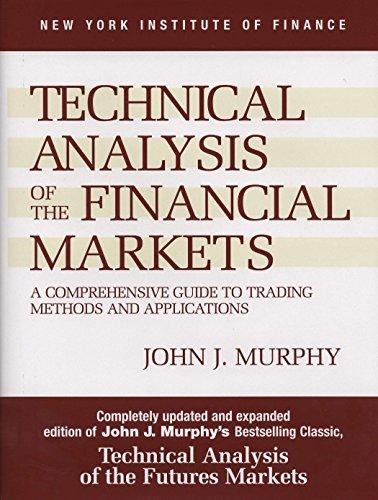
Jackie and Joe have just had their first baby and they wish to insure that enough money will be available to pay for their daughter's college education. Assume that the educational savings account will return a constant APR of 5%. They had initial savings of $7389 deposited into the account right away on the day the child was born) and plan to make further deposits into the educational savings account on each of their daughter's birthdays, starting with her first birthday and ending on her 18th birthday. They have a savings goal in the amount of $92498 will be needed for college by their daughter's 18th birthday. a. If the couple is to make an equal deposit into the account every year (annual compounding interest), how much do they need to deposit to reach the savings goal in the amount of $92498 in 18 years? The couple need to deposit $ to reach their savings goal in the amount of $92498 in 18 years. (Enter dollar and cents amount, for example, enter $20.06 as 20.06, ignore the +/- sign) b. If the couple does not have any initial savings and still plans to accomplish the same savings goal in the amount of $92498in 18 years by making an equal deposit into the account every year (annual compounding interest), how much do they need to deposit to reach the savings goal in the amount of $92498 in 18 years? The couple need to deposit $ to reach their savings goal in the amount of $92498 in 18 years. (Enter dollar and cents amount, for example, enter $20.06 as 20.06, ignore the +/- sign) c. If the couple accomplishes the goal in the amount of $92498 by their daughter's 18th birthday, what is the maximum their daughter can withdraw from the account every year over the 4 years she will be in college if she withdraws an equal amount each year? Assume the interest rate remains 5% APR and the annual withdrawal occurs at the end of each year after she enters college. The daughter's maximum annual withdrawal is $ (Enter dollar and cents amount, for example, enter $20.06 as 20.06, ignore the +/- sign) Jackie and Joe have just had their first baby and they wish to insure that enough money will be available to pay for their daughter's college education. Assume that the educational savings account will return a constant APR of 5%. They had initial savings of $7389 deposited into the account right away on the day the child was born) and plan to make further deposits into the educational savings account on each of their daughter's birthdays, starting with her first birthday and ending on her 18th birthday. They have a savings goal in the amount of $92498 will be needed for college by their daughter's 18th birthday. a. If the couple is to make an equal deposit into the account every year (annual compounding interest), how much do they need to deposit to reach the savings goal in the amount of $92498 in 18 years? The couple need to deposit $ to reach their savings goal in the amount of $92498 in 18 years. (Enter dollar and cents amount, for example, enter $20.06 as 20.06, ignore the +/- sign) b. If the couple does not have any initial savings and still plans to accomplish the same savings goal in the amount of $92498in 18 years by making an equal deposit into the account every year (annual compounding interest), how much do they need to deposit to reach the savings goal in the amount of $92498 in 18 years? The couple need to deposit $ to reach their savings goal in the amount of $92498 in 18 years. (Enter dollar and cents amount, for example, enter $20.06 as 20.06, ignore the +/- sign) c. If the couple accomplishes the goal in the amount of $92498 by their daughter's 18th birthday, what is the maximum their daughter can withdraw from the account every year over the 4 years she will be in college if she withdraws an equal amount each year? Assume the interest rate remains 5% APR and the annual withdrawal occurs at the end of each year after she enters college. The daughter's maximum annual withdrawal is $ (Enter dollar and cents amount, for example, enter $20.06 as 20.06, ignore the +/- sign)







